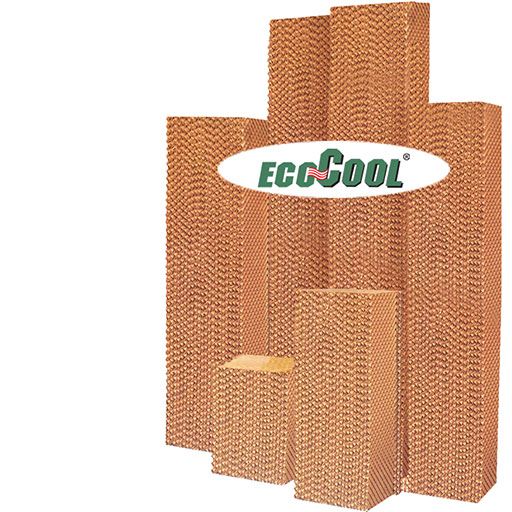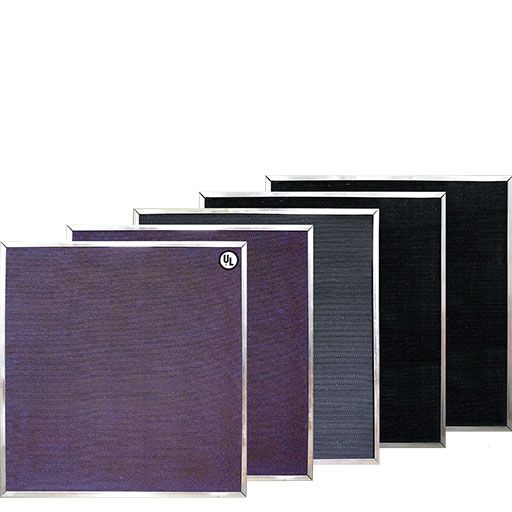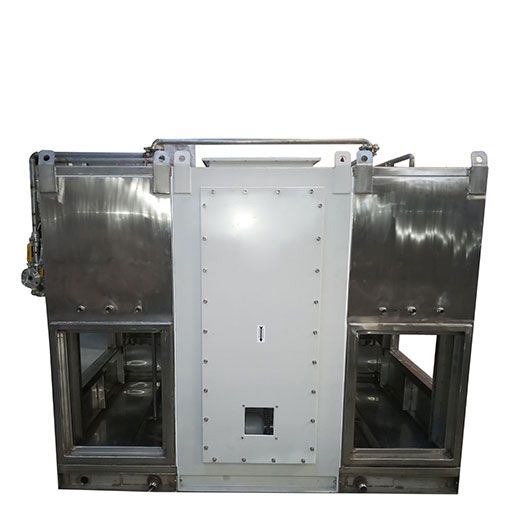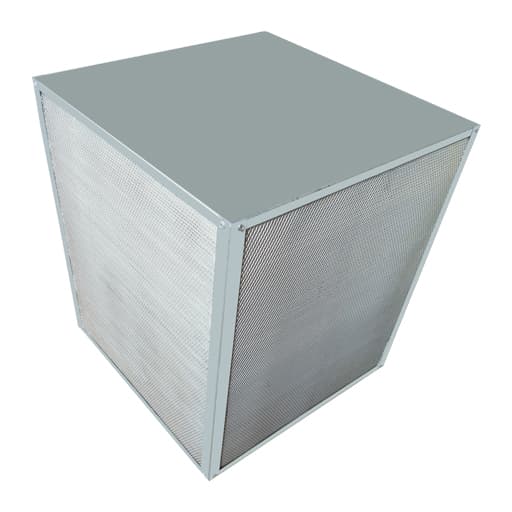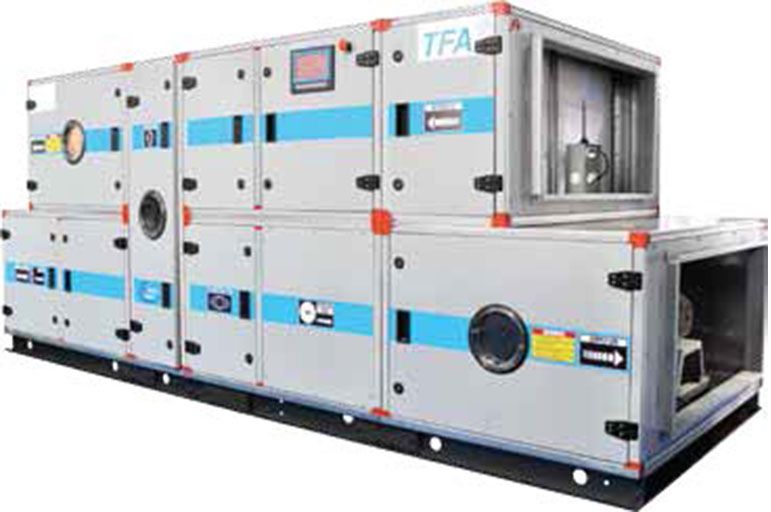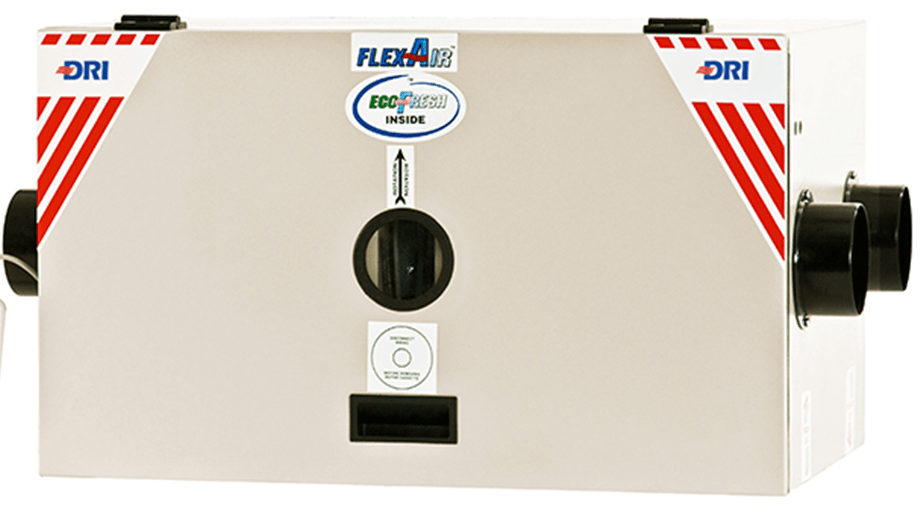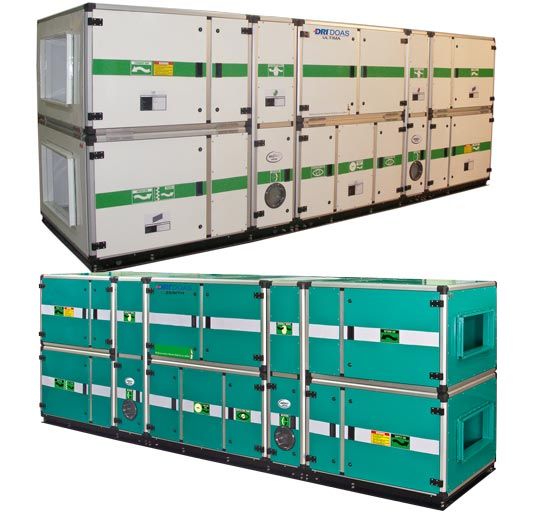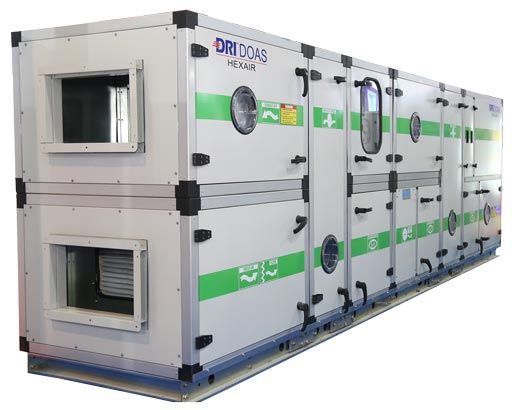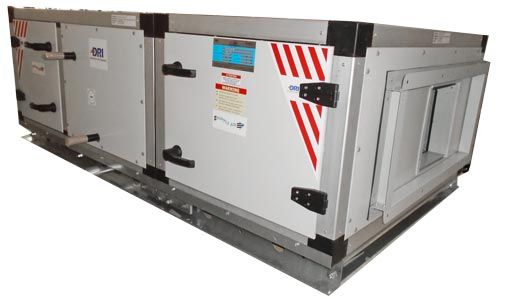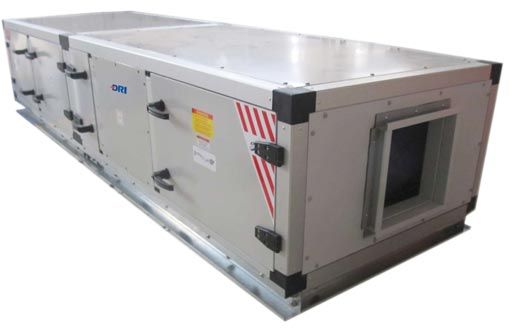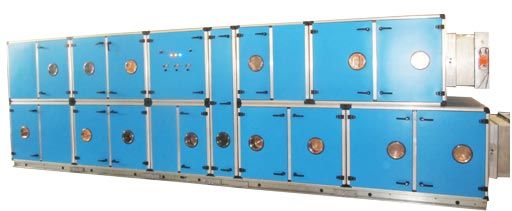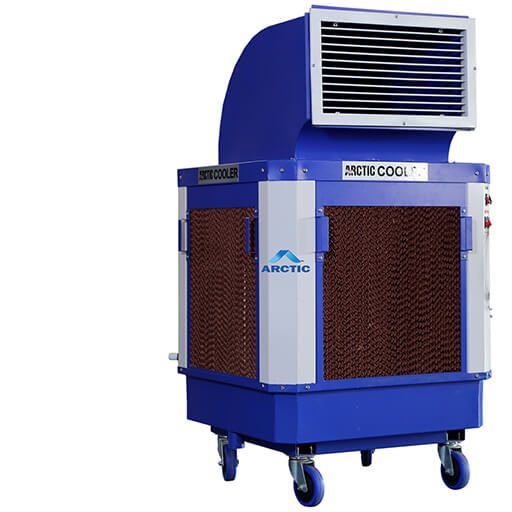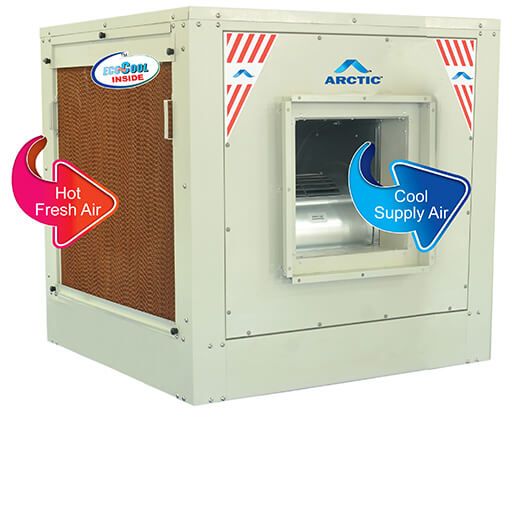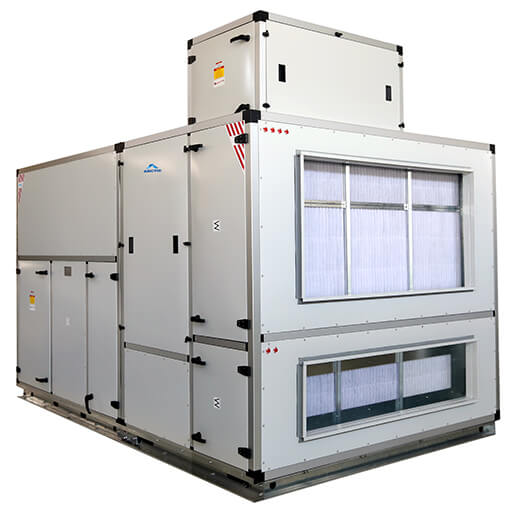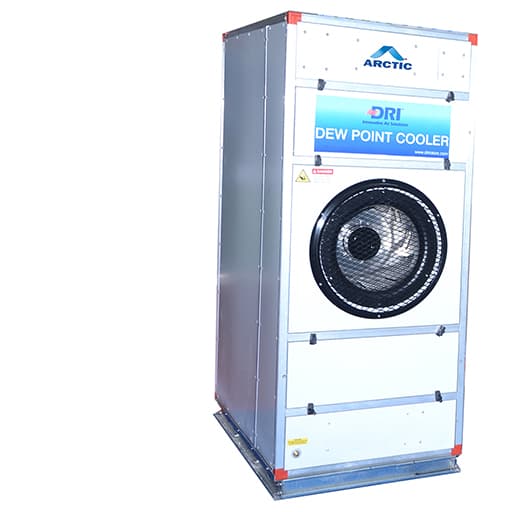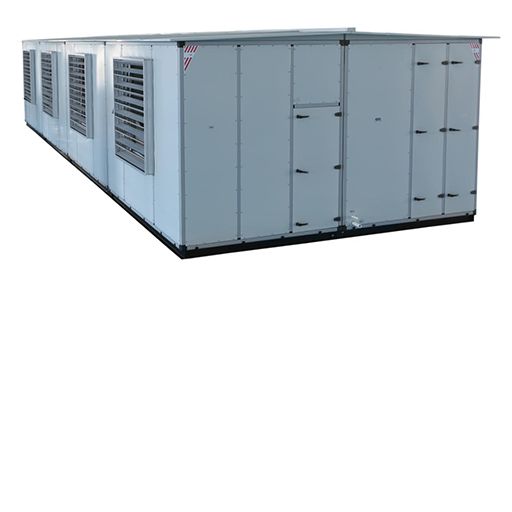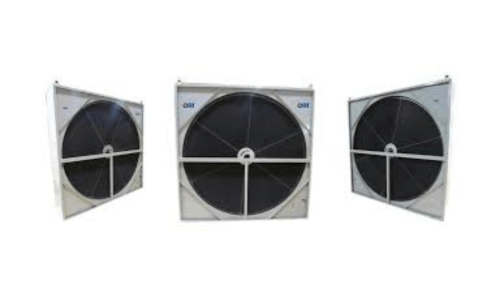In our fast-paced modern lives, we spend much time indoors, whether at home, in offices, schools, or other indoor spaces. However, many people don’t realize that the air we breathe indoors can profoundly impact our health and well-being. Poor indoor air quality (IAQ) can lead to various health issues, from respiratory problems to allergies, headaches, and fatigue.
Long-term exposure to indoor pollutants can even result in more severe health concerns like cardiovascular diseases and respiratory disorders. Poor IAQ can also affect productivity and performance in commercial settings, leading to decreased focus, increased sick leaves, and reduced overall efficiency.
Understanding Air Purification Systems
Air purification systems significantly combat indoor air pollution and create healthier indoor environments. These systems use various mechanisms to remove airborne pollutants from the indoor air, such as filtration, ionization, UV-C germicidal irradiation, and photocatalytic oxidation (PCO). Each technology offers unique benefits, making air purifiers an effective tool in improving IAQ.
Types of Air Purification Technologies
HEPA (High-Efficiency Particulate Air) Filters
HEPA filters effectively capture small particles, including dust, pollen, pet dander, and mould spores. These filters can significantly improve air quality by removing various allergens and irritants.
Activated Carbon Filters
Activated carbon filters are excellent at removing odours, adverse chemicals, and volatile organic compounds (VOCs) from the indoor air. They absorb these pollutants, creating a fresher and cleaner indoor environment.
Electrostatic Precipitators
Electrostatic precipitators use an electric charge to trap particles in the air. They are instrumental in capturing larger particles like dust and smoke, making them an efficient option for specific indoor spaces.
UV-C Light Purifiers UV-C light purifiers use ultraviolet light to neutralize viruses and bacteria in the air, helping to reduce the risk of infections and improve overall hygiene.
Photocatalytic Oxidation (PCO) Systems
PCO systems combine UV light with a catalyst to break down pollutants, such as VOCs and other harmful gases, into harmless substances like carbon dioxide and water vapour.
Benefits of Advanced Air Purification Systems
Removal of Particulates and Allergens Advanced air purifiers equipped with HEPA filters can efficiently capture and remove airborne particles, including dust, pollen, pet dander, and mould spores, thus significantly improving air quality and reducing the risk of respiratory issues caused by allergens.
Eliminating Harmful Chemicals and VOCs
Air purification systems with activated carbon filters can effectively absorb and eliminate harmful chemicals, odours, and VOCs, creating a healthier indoor environment.
Bacteria and Virus Inactivation
UV-C light purifiers and PCO systems can help inactivate bacteria and viruses, reducing the risk of infections and improving overall hygiene in indoor spaces.
Odour and Smoke Removal
Air cleaners, equipped with activated carbon filters, are particularly effective in removing stubborn odours and smoke, creating a pleasant and odour-free indoor environment.
Improved Respiratory Health
By reducing airborne allergens and irritants, advanced air purifiers can help alleviate respiratory issues, such as asthma and allergies, improving respiratory health and overall well-being.
Enhanced Indoor Air Quality in Commercial Spaces
Air purification systems in commercial settings can significantly improve IAQ, providing a healthier and more comfortable environment for employees and customers. Furthermore, adding to enhanced productivity and reduced absenteeism due to health-related issues.
Considerations for Choosing the Right Air Purification System
Before selecting an air purification system, it’s essential to assess the specific IAQ needs of the indoor space. Factors such as pollutant types and levels, room size and coverage area, filter replacement and maintenance, noise levels, and energy efficiency should all be considered. Choosing an energy-efficient, quiet air purifier ensures minimal disruption and reduced energy consumption.
Moreover, look for air purifiers with relevant certifications and industry standards for performance and safety. Reputable brands that offer comprehensive customer support and warranty coverage are also essential considerations when investing in an advanced air purification system.
Industrial Applications and Clean Room Environments
Precision and safety are paramount when discussing the use of advanced air purification systems in industrial applications and clean room environments.
Advanced air purification systems are vital in improving IAQ and creating safer and healthier indoor environments. By removing airborne pollutants, allergens, harmful chemicals, and bacteria, these systems contribute to better respiratory health, reduced allergies, and enhanced well-being for occupants.
In commercial settings, improved IAQ can lead to increased productivity and reduced absenteeism, while in industrial environments, clean air is essential for precision and safety.
When choosing an air purification system, assessing the specific IAQ needs, room size, and features is crucial to ensure the best possible performance and efficiency. Reputable brands with certifications and industry standards are reliable for high-quality air purification solutions.
By investing in advanced air purification technologies, individuals and businesses can take proactive steps towards creating a healthier and more comfortable indoor environment, ensuring the well-being and productivity of occupants.
At DRI Rotors, we aim to provide the best Indoor Air Quality for business purpose. Reach us now to get a consultation about your business and maintaining high-level air quality at your premises for higher productivity.



